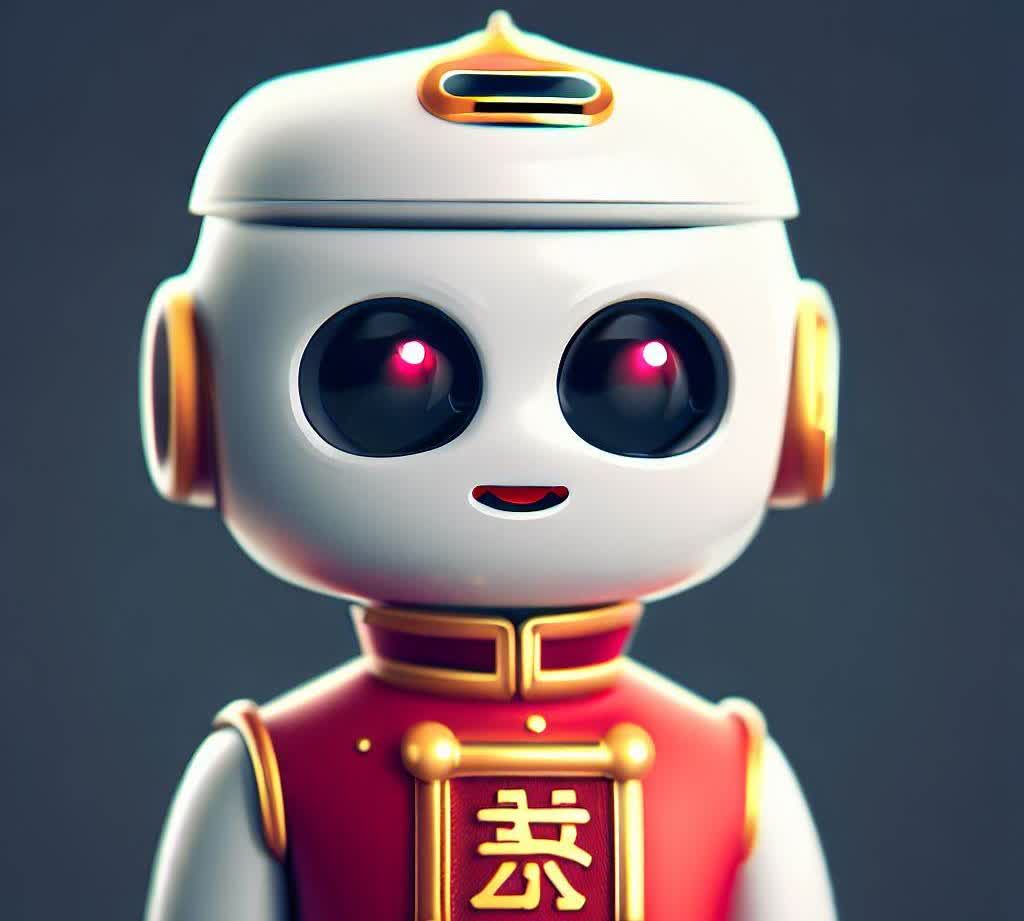A hot potato: It's not often that we hear public figures praising China, but then Elon Musk famously doesn't care what people think of him. The world's richest person just declared himself "kind of pro-China," and said Beijing was interested in working on global artificial intelligence regulations as it is a member of "team humanity."
Speaking in a Twitter Space event with two US congressmen, Democrat Ro Khanna and Republican Mike Gallagher, Musk said, "China is definitely interested in working within a cooperative international framework for AI regulation," information apparently gleaned from conversations he had when visiting China a few weeks ago.
Musk has long been an outspoken proponent of tighter global regulations for AI, which he once called humanity's biggest existential threat. "I've made this point in meetings with world leaders, including in China, and we're actually in strong agreement that there should be AI oversight and regulation."
The billionaire also warned government officials in the Asian nation that a superintelligent artificial intelligence could take over the country. "I think that resonated because no government wants to find itself unseated by a digital superintelligence, so I think they are taking action on regulation and are concerned about this risk."
ChatGPT creator OpenAI is aware of the potential dangers of superintelligence, including the extinction of the human race, and last week announced it was putting together a team to mitigate these risks.
Musk did admit he has "some vested interests in China," including the Shanghai Tesla factory that has produced over 3 million vehicles.
Congrats Giga Shanghai on making millionth car! Total Teslas made now over 3M. pic.twitter.com/2Aee6slCuv
– Elon Musk (@elonmusk) August 14, 2022
Gallagher wasn't as willing to sing China's praises. The US Representative said the Chinese Communist Party was on "team genocidal communism," and would more likely use AI to suppress free speech and religion, citing threats to Taiwan and China's Uighur population.
Gallagher, who leads the House Select Committee on strategic competition between the United States and the Chinese Communist Party, added, "I just remain sceptical that they would slow down [AI] development, and I'm fairly certain in the near term, Xi Jinping will use this as an instrument for total tech totalitarian control."
Musk also expressed his thoughts on Taiwan. He stated that if the complex issue of resolving China's claim over Taiwan as its own territory can be addressed, he hopes this could pave the way for improved relations between the US and China.
Back in October, Musk said that Taiwan and China should "figure out a special administrative zone for Taiwan that is reasonably palatable." He added that Taiwan could have "an arrangement that's more lenient than Hong Kong." The plan was welcomed by China, but everyone else liked it about as much as his Ukraine/Russia peace proposal.
The Cyberspace Administration of China (CAC), the country's internet watchdog, in April published the Administrative Measures for Generative Artificial Intelligence Services, a document containing the draft rules for what content AIs can generate.
In addition to ensuring their products uphold Chinese socialist values, businesses that provide generative AI services must prevent them from outputting discriminatory content, false information, and content that harms personal privacy or intellectual property. Violence, obscene and pornographic information, promotion of terrorism, extremism, and ethnic hatred is also prohibited.
Musk has just launched his artificial intelligence company, xAI, with a claim that it is seeking the "true nature of the universe."
